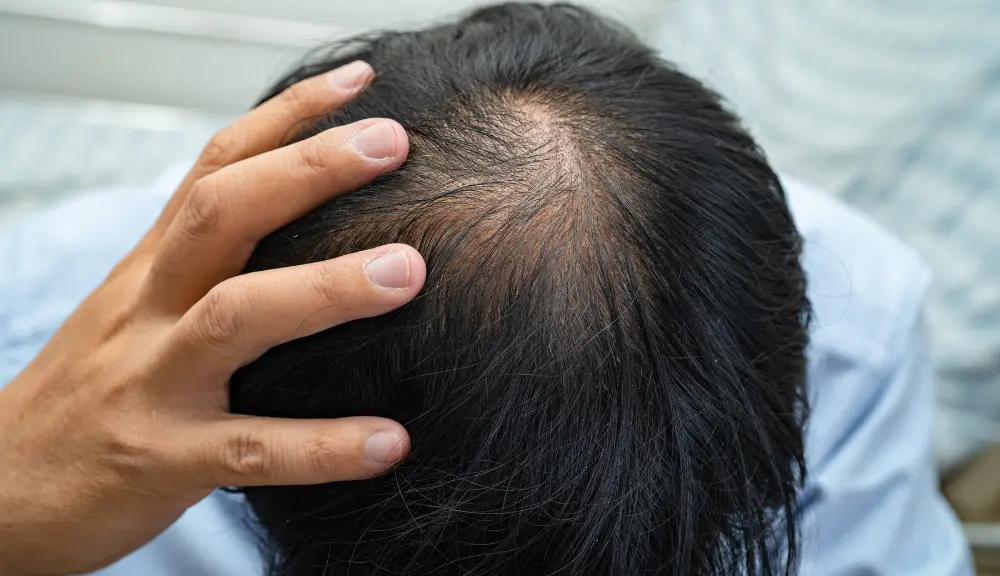Finasteride, commonly known by brand names like Propecia, has long been a go-to solution for men battling hair loss. However, recent studies have unveiled a concerning link between this medication and serious mental health issues, including depression and suicidal thoughts.
Despite these findings, many users remain unaware of the potential risks associated with finasteride.
A comprehensive review published in the Journal of Clinical Psychiatry has brought to light the psychiatric side effects of finasteride. The study analyzed data from multiple countries and found a consistent pattern: individuals using finasteride were at a significantly higher risk of experiencing mood disorders and suicidal thoughts compared to those not taking the drug. This includes data from the U.S. FDA, as well as national health records in Sweden, Canada, and Israel.
Prof. Mayer Brezis of the Hebrew University of Jerusalem, who led the review, emphasized that the evidence is no longer anecdotal. He criticized both the original manufacturer, Merck, and the FDA for failing to properly assess and monitor the drug’s safety, advocating for halting finasteride’s use for cosmetic purposes until its safety is thoroughly evaluated.
The European Medicines Agency (EMA) has confirmed that suicidal thoughts are a side effect of finasteride, particularly in its 1 mg form used to treat androgenetic alopecia. Despite this, the frequency of the side effect could not be determined from available data. The EMA added that it was not possible to establish a link between suicidal ideation and dutasteride tablets based on the reviewed data.
In the United States, the FDA issued a warning regarding the use of topical spray forms of finasteride, commonly sold by telehealth companies such as Hims, Keeps, and Ro. The warning followed reports of serious side effects, including sexual dysfunction, depression, suicidal thoughts, brain fog, and testicular pain. The FDA also raised concerns that the drug might pose risks to others through contact, especially to pregnant women due to the potential for causing birth defects in male fetuses.
The mounting evidence of finasteride’s psychiatric side effects has led experts to call for urgent reform in how medications are monitored and approved. Prof. Brezis argues that the medical and regulatory community has repeatedly overlooked evidence of finasteride’s potentially harmful effects, and that the consequences may have been tragic.
While finasteride may offer a solution for hair loss, it’s crucial for users to be aware of the potential mental health risks associated with the drug. If you’re considering finasteride or are currently using it, consult with a healthcare professional to discuss the benefits and risks. Your mental health is just as important as your physical appearance.
Disclaimer: This article is for informational and educational purposes only and is not intended as medical advice. Always consult a qualified healthcare professional before starting, changing, or discontinuing any medication, including finasteride. Mental health concerns or side effects should be discussed with a licensed medical provider immediately. The information provided here is based on current research and publicly available data at the time of publication.








